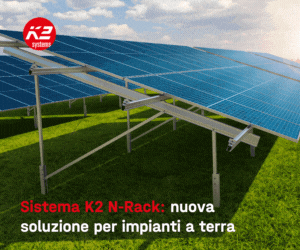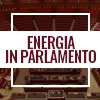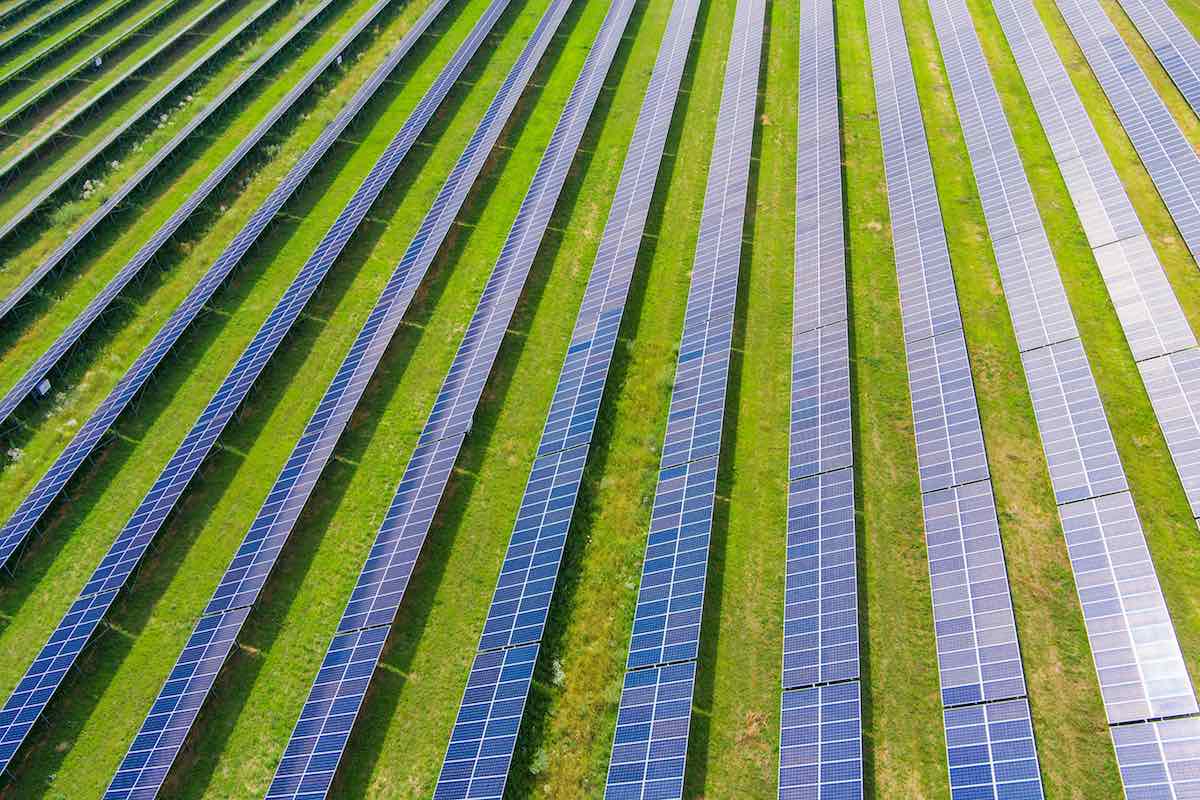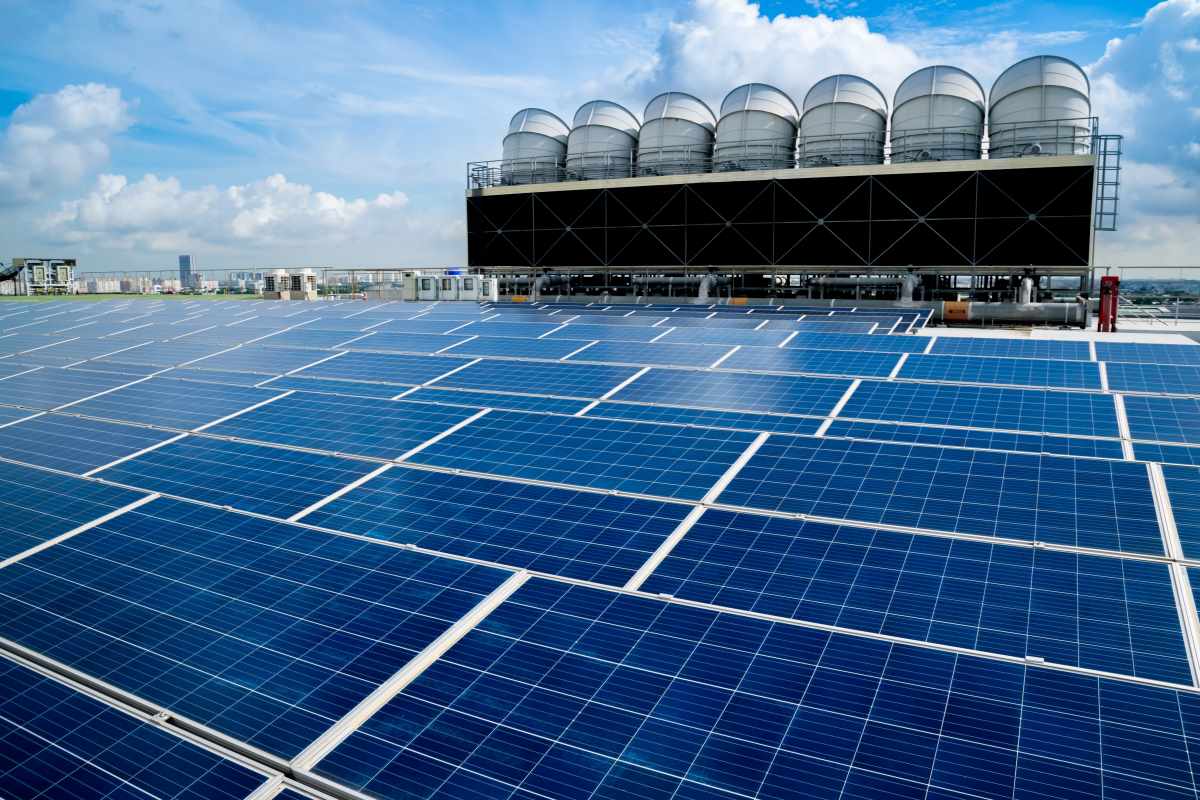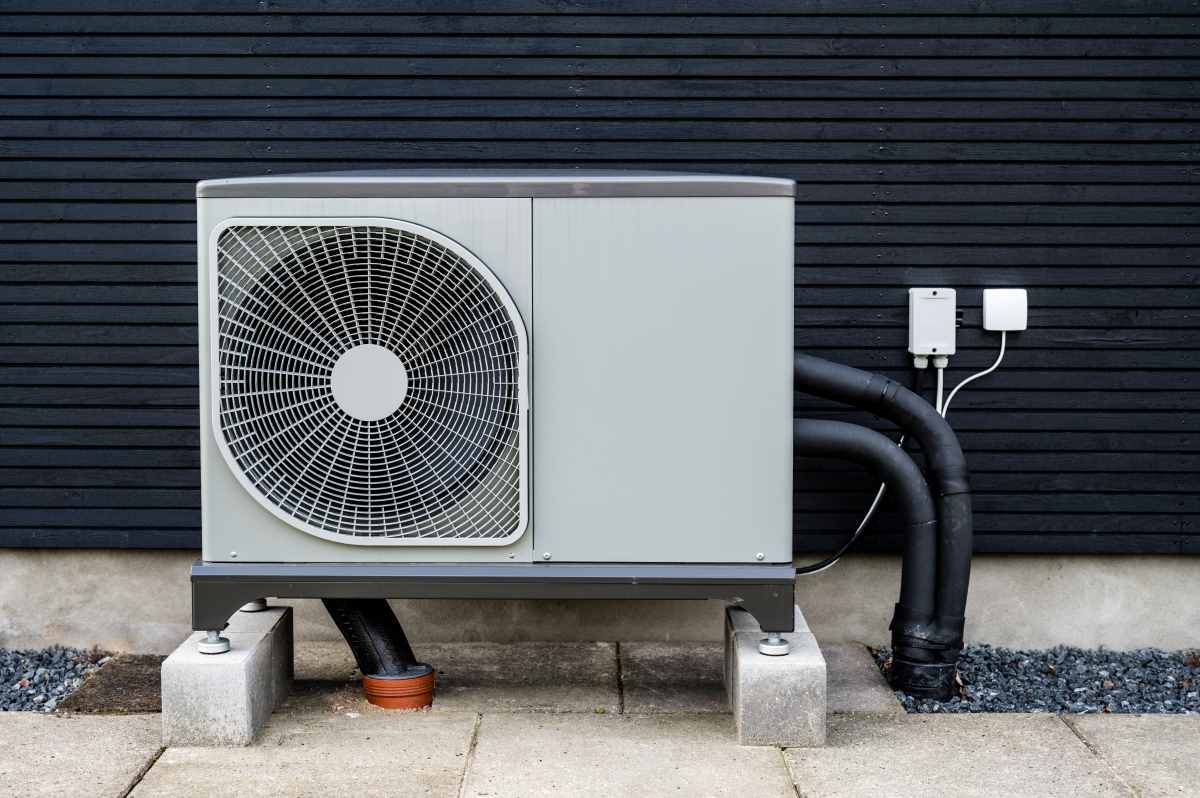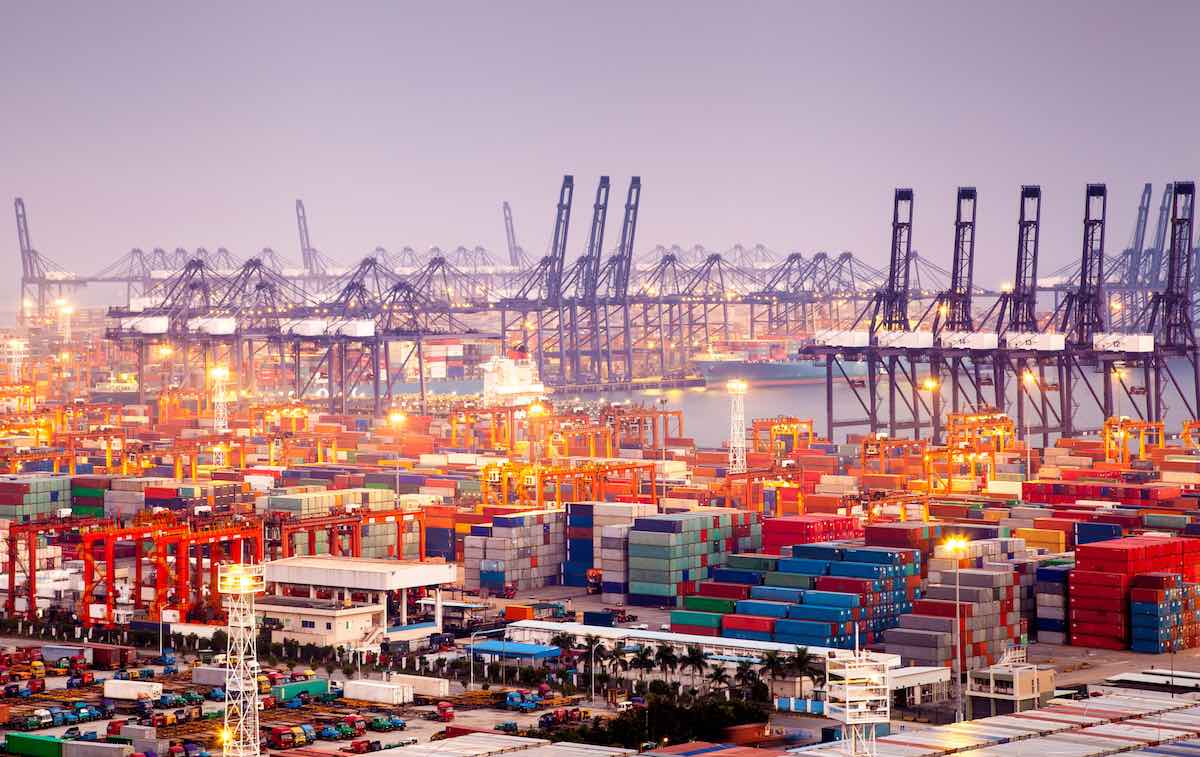The intervention of Corrado Passera (Economic Develpment ministry) last week is one of the very first signs to be seen of the government’s desire to deal with the energy issue as a whole. Time is mature: after the pendulum of politics has swung from the unproductive planning of the 1970s and 80s to the liberalisation driven over the last 15 years, there is now a need to define a strategy with clear objectives, ambitious scenarios and effective tools. All in a context characterised by growing energy prices and extremely demanding objectives related to the reduction of climate-changing emissions.
The Ministry has, quite rightly, assigned great importance to energy efficiency. Serious reflection is required in this regard, as the results, particularly during this stage, may be very significant indeed. In addition to making the 55% tax deductions constant and to defining incisive objectives to 2020 for white certificates, the explosion of hundreds of ESCos should be encouraged, in search of energy savings by means of access to national and regional rotation funds; a national public construction programme will also be launched, able to intervene annually on the 2.5% of the equity, as recently also required by the European Parliament Energy Commission.
Passera is then concerned over the weight of renewable sources on the bills. It is an understandable fear, particularly for photovoltaic, over which control has been lost in a period when there was not even a Ministry for Economic Development. We are talking about 9 billion/year already accumulated and 14 when up and running for all renewables.
True, but let’s stop and think for a moment. In the meantime, the impact of solar energy on the formation of prices will remove 1 billion from bills. Reduction of gas imports must then be calculated, thanks to the boom of green electricity (3 billion cubic metres fewer in 2008-11 and 7 billion CO2 not emitted, with savings for the country in the region of 1.5 billion euro). Additionally, the costs of Cip6, which had already dropped from 3.6 billion in 2006 to 1.2 billion, will continue to decrease. Another couple of billion are then eliminated from bills thanks to the liberalisation of the gas market. As we can see, the burden of renewable energies is more than halved. And it will become even lighter considering all the income for the State in terms of VAT and tax paid by the thousands of businesses that have been created. We therefore expect that the issue of the forthcoming decrees on renewable electricity and thermal energy will take wise consideration of all the positive fallout for the country.
In terms of methane and oil, Passera proposes doubling national production. This point requires very careful reflection. Would it not perhaps be wiser to leave this little “treasure” to future generations, when the price of fossil fuel is likely to climb sharply? Also considering that, if we so wish, today’s methane production (8 billion m3, 10% of consumption) could double thanks to biogas production. And that a similar quantity could be saved in the civil sector.
In this case too, political decisions can make significant changes to the energy scenarios.



.jpg)







